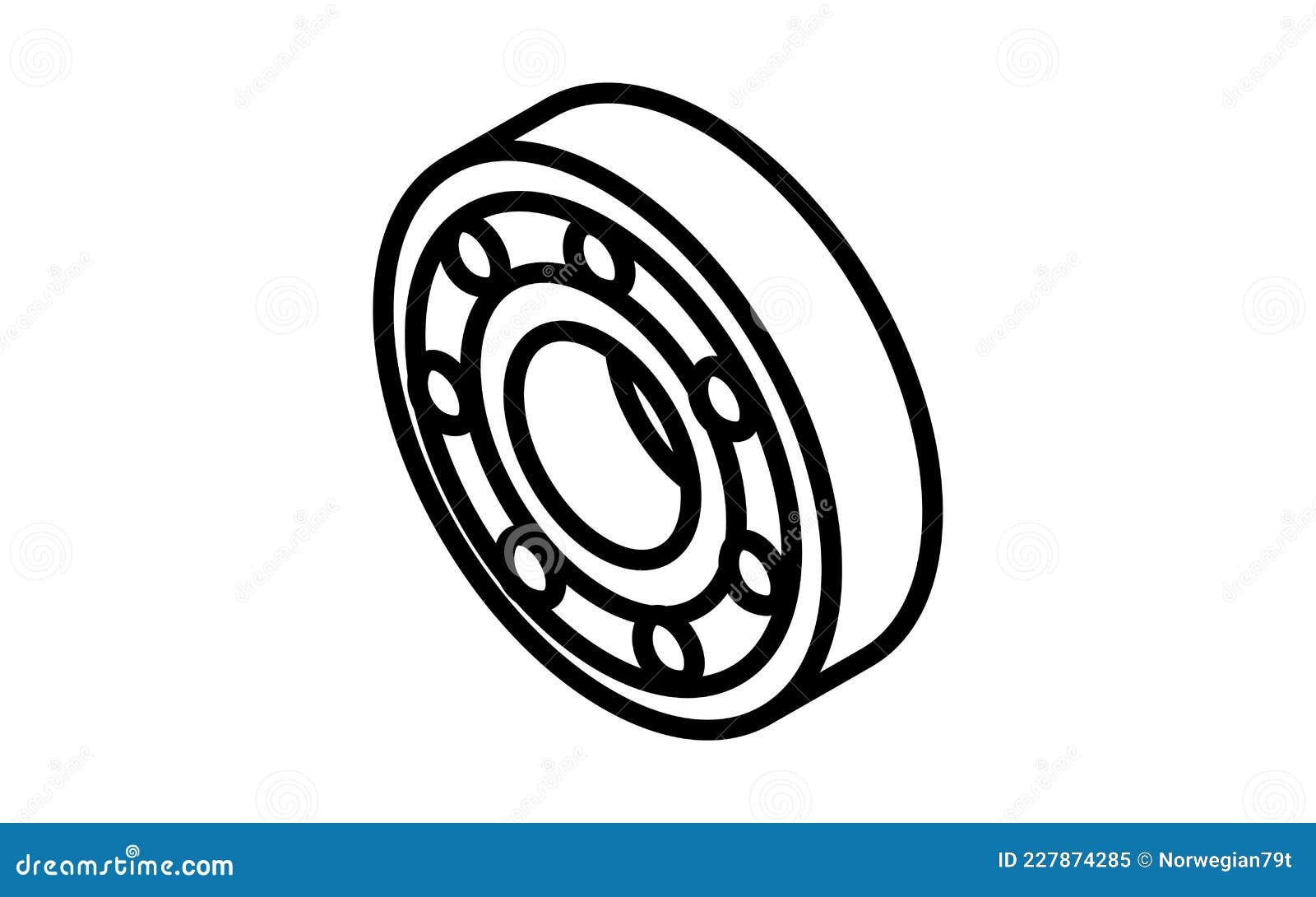メドウ・シ‚¹ãƒˆ - Bringing Clarity To Digital Information
Have you ever found yourself staring at a screen, seeing a jumble of strange symbols like ã«, ã, ã¬, ã¹, or ã, where normal letters should be? It is a bit like looking at a secret code you do not quite understand. This common digital puzzle can pop up in all sorts of places, from the pages you browse on the internet to the messages that land in your inbox. It really makes you wonder why things sometimes go so wrong when computers are supposed to make everything easier, right?
Digital interactions, for all their convenience, can sometimes feel like a tricky game of telephone. Information gets passed along, but somewhere in the process, a crucial piece gets mixed up, leading to those odd character combinations or data that just does not seem to fit. It is like trying to read a book where half the words are printed backward, which, you know, can be pretty frustrating.
Perhaps there is a better way to handle these digital hiccups, a kind of thoughtful approach or a helpful "メドウ・シ‚¹ãƒˆ" that helps keep everything clear. This concept, whatever form it takes, could mean the difference between smooth sailing online and constantly bumping into those little digital walls where information simply does not make sense.
- %C3%B0%C3%B0%C2%B5%C3%B1%C3%B1%C3%B0%C2%B5%C3%B0%C3%B0%C2%BA%C3%B0
- Suzanne Perry
- Zach Bryan Band Members
- Matt Dillon Net Worth
- Shae Mccombs Married
Table of Contents
- What Happens When Digital Words Go Astray?
- How Can a メドウ・シ‚¹ãƒˆ Help with Mixed-Up Characters?
- Beyond Just Words - What Else Needs a Clear Approach?
- Is メドウ・シ‚¹ãƒˆ Relevant to Digital Entertainment?
- How Does a メドウ・シ‚¹ãƒˆ Connect to Digital Creations?
- What Challenges Might a メドウ・・シ‚¹ãƒˆ Face in Diverse Digital Places?
- The Bigger Picture - Why a Cohesive メドウ・シ‚¹ãƒˆ Matters
- How Can We Encourage a Better メドウ・シ‚¹ãƒˆ for Digital Clarity?
What Happens When Digital Words Go Astray?
It is a common sight for many of us online: instead of seeing regular letters, a page might show those odd strings of characters like ã«, ã, or ã¬. This is, you know, often a sign that the way information is put together and then read by your device is not quite matching up. It is like one side is speaking a language the other does not quite understand, leading to a visual mess.
You might also get emails where a simple apostrophe or a dash turns into a strange combination of symbols. This happens, quite often, when the email system tries to guess how to show the text, and it guesses wrong. It is a bit like getting a message where half the punctuation has gone rogue, which can be pretty confusing.
And sometimes, even when you are trying to make things right, like taking a jumbled "テスト" from a database and trying to make it read as "テスト" in PHP, it can still be a struggle. You might set everything to UTF-8, expecting it to just work, but the characters still look off. It is, basically, a common puzzle for anyone dealing with digital text.
How Can a メドウ・シ‚¹ãƒˆ Help with Mixed-Up Characters?
When information is stored using one set of rules, like UTF-8, but then read using a different set, like ISO-8859-1, that is when you get those garbled characters. It is like trying to play a record on a machine meant for tapes, you know? The sounds just will not come out right.
A helpful "メドウ・シ‚¹ãƒˆ" would be about making sure that all parts of a digital conversation are on the same page. If your website, your database, and your email system all agree on how to handle characters, then those strange symbols disappear. It is about creating a consistent way to manage digital text, so everyone understands what is being said, which, arguably, makes a lot of sense.
This kind of approach would mean that when you save something as "日本語", it actually shows up as "日本語" everywhere, not as "テスト". It helps avoid those frustrating moments where your carefully typed words turn into nonsense. It is about setting up a clear standard, so things just work as they should, really.
Think of it like a universal translator for your digital information. If every piece of data passes through a "メドウ・シ‚¹ãƒˆ" that ensures it is all speaking the same digital language, then the chances of seeing those odd characters drop significantly. It is about harmony in the digital world, more or less.
This consistent handling is not just for display, either. It helps when you are moving data around, from one system to another. If a "メドウ・シ‚¹ãƒˆ" is in place, then you can be more confident that your information will arrive at its destination looking exactly as it did when it left. It is about data integrity, you know, keeping things true to their original form.
So, a good "メドウ・シ‚¹ãƒˆ" would involve setting up clear guidelines for character handling from the very beginning. From the moment you create a new document or a new entry in a database, knowing that it will be handled consistently makes a big difference. It removes a lot of guesswork, which, honestly, is a welcome relief for anyone who has dealt with these issues.
Beyond Just Words - What Else Needs a Clear Approach?
Digital information is not just about words and letters. It is also about sharing ideas, notes, and even pieces of code. "My text" talks about sharing code and snippets instantly. This kind of sharing also needs a clear path, so that what you send is what the other person gets, without any unexpected changes.
A helpful "メドウ・シ‚¹ãƒˆ" would make sure that when you share these digital bits, they remain intact and usable for everyone. It is like sending a carefully wrapped package; you want to be sure it arrives with everything inside just as you packed it. This applies to notes, code, or any other digital creation you want to pass along.
Consider how important it is for developers to share code snippets. If those snippets get corrupted or misinterpreted during transfer, it can cause all sorts of problems. A consistent "メドウ・シ‚¹ãƒˆ" would provide a reliable channel for this kind of information exchange, making collaboration much smoother, you know, for everyone involved.
It is about creating a dependable environment where digital assets can move freely and accurately. Whether it is a simple text note or a complex piece of programming, a strong "メドウ・シ‚¹ãƒˆ" helps ensure that the information's original form is kept, which is pretty important for teamwork.
This kind of system would also help with organization. When you have a clear way of managing and sharing digital items, it becomes easier to find what you need and know that it is the right version. It is about reducing clutter and confusion in your digital workspace, which, in some respects, is a huge benefit.
So, beyond just fixing jumbled characters, a comprehensive "メドウ・シ‚¹ãƒˆ" would encompass all aspects of digital information flow. It is about building a foundation of clarity and reliability for every piece of data you interact with, which, honestly, makes everything less stressful.
Is メドウ・シ‚¹ãƒˆ Relevant to Digital Entertainment?
"My text" also mentions things like "メフィスト (.mp3" and "メフェスト.mp3" in the context of online music. Even when you are looking for entertainment, like your favorite songs, the underlying information needs to be correct. If song titles or artist names appear
- How Much Does Jimmy Kimmel Make A Year
- Jimmy Kimmel Salary
- Maya G Viral Sex Video
- Anna Netrebko Latest News
- Chris Kempczinski Salary

å ‘æ—¥è‘µã ¨å…¥é “é›²ã ¨ã‚¹ãƒˆãƒ©ã‚¤ãƒ—èƒŒæ™¯ã ¤ã イラスト Stock

白黒㠮シンプル㠪ベアリング㠮アイソメトリックアã

顔㠪㠗㠮ムーズイラスト〠女å å¦ç”Ÿã ®ä¸Šå Šèº«ã€ ナルã